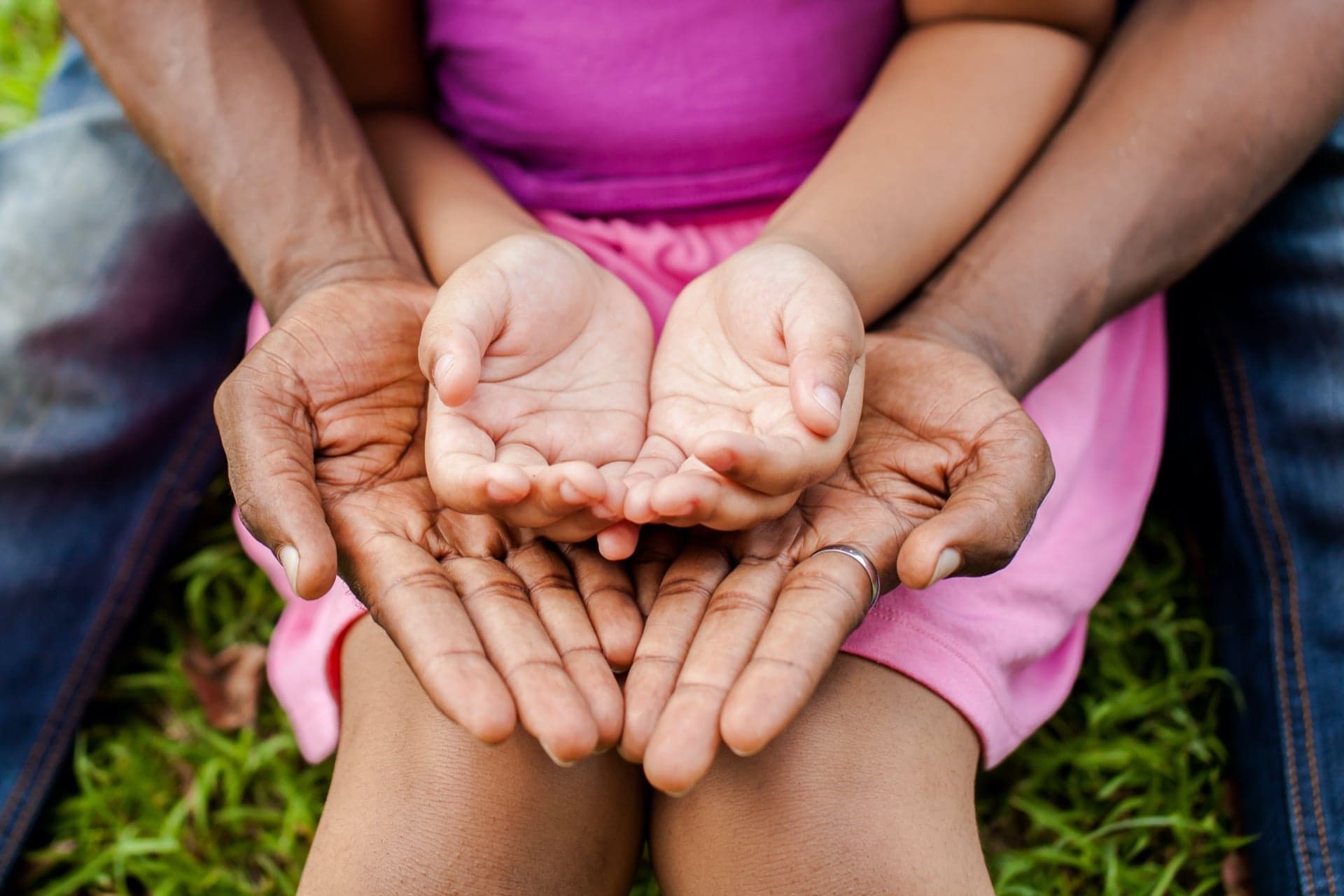The divorce process is rarely simple or straightforward. For parents, divorce can be even more complicated, as there are many more decisions to make that affect you and your child. You’ll need to determine child custody and child support arrangements, which may be tricky to navigate. Whether you reach an agreement through a more collaborative mediation process or you head to the courtroom to make your case, a judge will need to sign off on the terms of your divorce to make it final. As the court attempts to establish an equitable child custody arrangement that allows the child to enjoy quality time with each parent, the judge will likely ask the child to share their wishes for which parent assumes primary custody. However, this does not mean that a child has the authority to make the decision about which parent will be the custodial parent. Let’s take a look at how Washington judges determine child custody agreements, and what role—if any—your child has in influencing this decision.
Children Under 18 Cannot Determine Custody Arrangements
There is a common misconception that children—especially older children—may choose which parent receives primary custody. However, Washington state considers any person under the age of 18 legally unable to make such decisions on their own. They simply do not have the authority to make this call. There are several reasons that the court prevents children from deciding child custody arrangements, as divorce is a notoriously complex process. Many children may feel tempted to choose to live with the higher-earning parent, or the one who seems to be more “fun.” However, just because this parent may appear to have ample means to support a child, this doesn’t mean they are ready to prioritize the child’s needs or provide a nurturing environment for the child. Unfortunately, emotional manipulation is not uncommon during a divorce, so the child may feel compelled to choose to live with the parent out of obligation, or because that parent badmouthed the other parent and turned the child against them. For these reasons, the court still recognizes the importance of asking the child to share their preferences for custody arrangements, but it retains the authority to make the final decision based on several additional factors.
Weighing Multiple Factors to Make an Informed Decision
Ultimately, the court’s goal in every child custody case is to make sure the child’s best interests are protected and upheld. Of course, the judge will often ask the child to share their preferences about which parent they would like to live with. However, this is only one factor in a complex equation of determining what is best for the child. The court will also look at the quality of the relationship between the child and each parent, the parent’s ability to provide a stable and supportive environment for the child, the overall health and mental fitness of each parent to care for the child, the ability of the parents to collaborate and negotiate with one another, and more. In addition, the judge will determine whether either parent has a history of drug or alcohol abuse, or if they are currently struggling with an addiction that would prevent them from keeping their child safe. So, while the child’s preferences may be requested, the judge will ultimately make a final decision after carefully considering all of these factors.
A Holistic Approach
Whenever possible, parents are encouraged to work together to establish a parenting plan that puts the child’s needs first. If you are able to create a custody agreement that you can both endorse, you can present it to the judge for formal approval. In some cases, it may not be possible to communicate with your spouse in a productive or constructive way. A skilled family law attorney can help you present your concerns to the court and achieve an outcome that is best for everyone. While you may think that your child has the final say about custody matters, it all comes down to the judge’s carefully-weighed decision.
To learn more about child custody matters in the Vancouver area, contact the experienced and compassionate family law attorneys at Henderson Taylor Law Firm today by calling (360) 737-1478.





